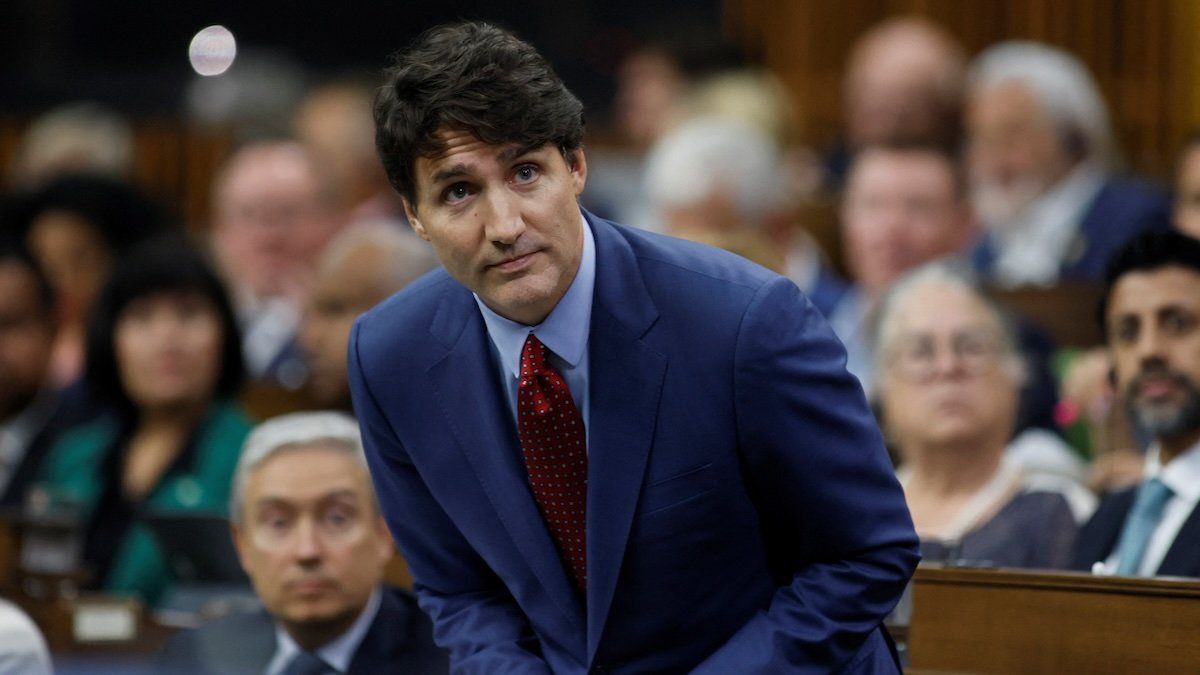Rumblings of an early election are growing in Canada. Earlier this week, the Liberal government lost a byelection in Montreal, dropping a safe seat to the Bloc Québécois that they won by 20 points in 2021. Meanwhile, the New Democratic Party held on to a seat in Winnipeg, a contest in which the Liberals — never particularly popular in the riding — managed to grab less than 5% of the vote.
Nationally, the Liberals are down roughly 20 points in the polls to the opposition Conservatives, who plan on holding a vote of non-confidence in the government next week. If the NDP and BQ choose to side with the Conservatives, the government would fall immediately, and Canadians would head to the polls.
The BQ, however, has said it won’t back the motion. But the Conservatives are planning on more of them in the future, and the NDP and BQ could change their tune fast if they feel the government isn’t delivering on concessions they want.
Though the NDP and GQ have signaled they’re in no rush to trigger an early fall election and would rather review matters on a case-by-case basis, Graeme Thompson, a senior analyst with Eurasia Group’s global macro-geopolitics practice, says one is now more likely than before.
“All three opposition parties can plausibly expect to improve their position at the expense of the Liberals if an election is held sooner than later,” he says. “So their incentives are aligned in that respect, even though there are other factors mitigating against a fall campaign.”
